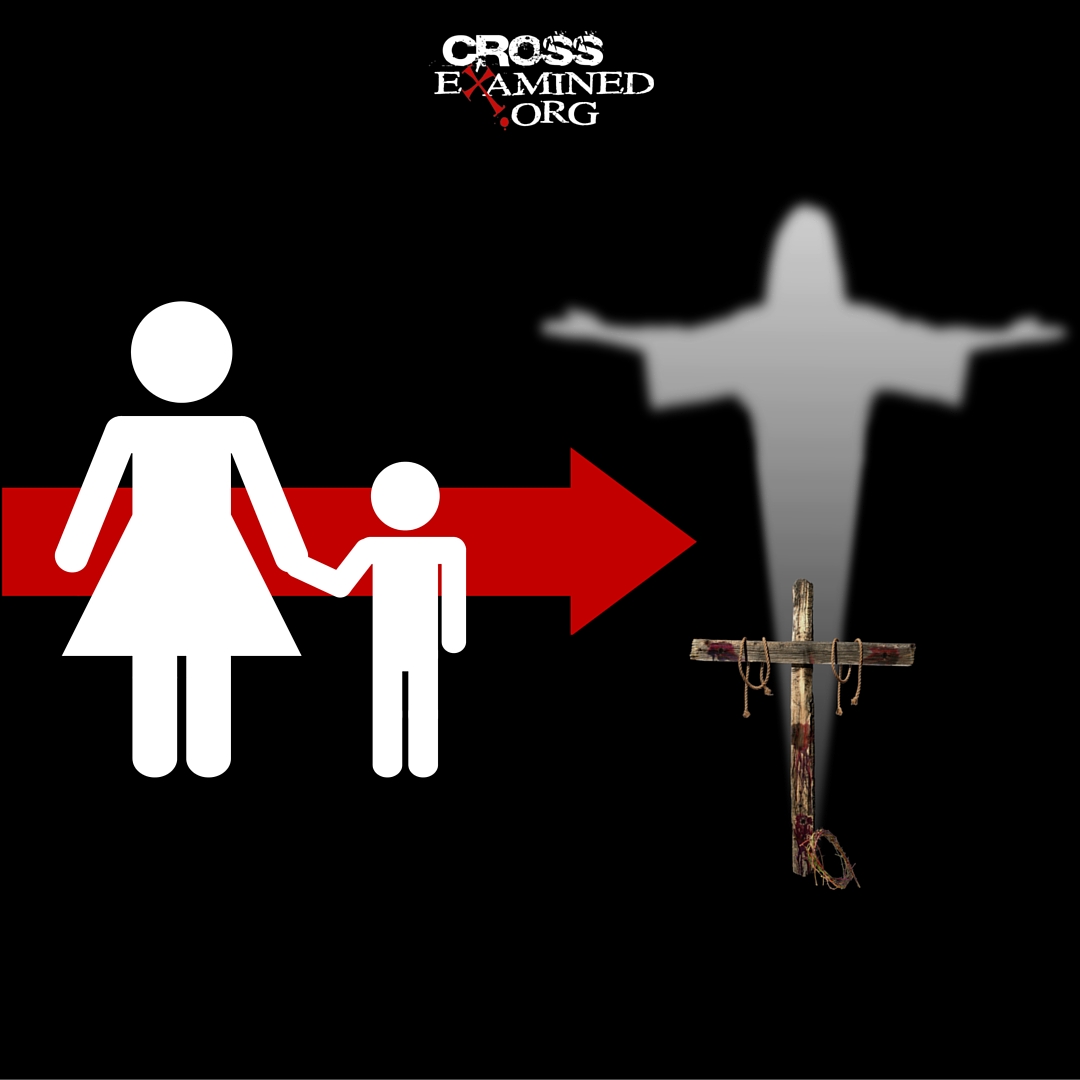Knowledge and Certainty: Can You Know that God Exists?
Do you have to be absolutely certain about something like “God exists” before you can say that you actually know it? Christians who talk about the evidence for God sometimes get frustrated when skeptics challenge a basic premise like “everything that begins to exist has a cause,” by saying that we haven’t explored the entire universe to know if that’s true. Maybe you’ve heard a friend say you can’t actually know anything about God unless you’re absolutely sure about it.
But saying this is an either-or kind of thing is a false dilemma. In this post, I’ll explain why you don’t have to have 100% certainty before you can know that God is real.
No good reason for either-or-thinking
In Philosophy, saying you have certainty about something means it’s impossible for you to be wrong. So, maybe saying “I exist” is one of the few things that fall into that category. But some skeptics say you can’t really know much about anything at all. Others say your beliefs aren’t justified even if they turn out to be true. For them, we can know almost nothing about God and our world since nobody can be absolutely certain about most things. But the idea that knowing something is the same as being absolutely sure about it turns out to be self-defeating. In fact, even though they say we can’t know much about anything, many seem to think they know enough to correct you if you say you know God is real. [1]
Think about it. The hyper-skeptical view is that you can’t say you know that God exists unless it’s impossible for you to be wrong about it. But is there any good reason to say that knowledge is the same as certainty? No. For example, I know that I’m writing this post on my computer. But it’s possible that I’m just dreaming about it. Still, does the mere fact that it’s possible that I’m dreaming means that I can’t know that I’m using my computer? Of course not.
Skeptics think they know something you don’t when they say you’re wrong
The thing is, skeptics, do claim to know certain things. For example, “Since we can’t go back in time to watch the big bang, we can’t know that the universe had a beginning” or “since we haven’t yet discovered every possible naturalistic option, we can’t know that God caused the universe.” These are actually claims to know something. But how do they know that?
Some skeptics have told me that in order for you to know something, you have to be 100% sure that you know it. But can’t you know something even if you aren’t entirely sure that you know it? Sure you can. For example, imagine that you memorized all the correct answers to the review questions in your textbook for class. Even if you’re not sure what questions will be on the quiz, you have a pretty good guess that some of them will be. Unbeknownst to you, every single one of those questions you studied actually make up the entirety of next week’s quiz.
In this scenario, you would actually know all the answers to the questions on next week’s quiz. You’d know the answers to a quiz you haven’t taken yet—even if you don’t realize that you actually know the answers! Turns out, you don’t have to be 100% sure (or even aware) that you know something in order for you to actually know it.
If the evidence for God’s existence seems compelling to you, there’s no need to be shy or tentative about your beliefs. You don’t have to have 100% certainty before you can know that God is real. [2]
Mikel Del Rosario helps Christians explain their faith with courage and compassion. He is a doctoral student in the New Testament department at Dallas Theological Seminary. Mikel teaches Christian Apologetics and World Religion at William Jessup University. He is the author of Accessible Apologetics and has published over 20 journal articles on apologetics and cultural engagement with his mentor, Dr. Darrell Bock. Mikel holds an M.A. in Christian Apologetics with highest honors from Biola University and a Master of Theology (Th.M) from Dallas Theological Seminary where he serves as Cultural Engagement Manager at the Hendricks Center and a host of the Table Podcast. Visit his Web site at ApologeticsGuy.com.
Original Blog Source: http://bit.ly/2TOqFVg












Leave a Reply
Want to join the discussion?Feel free to contribute!